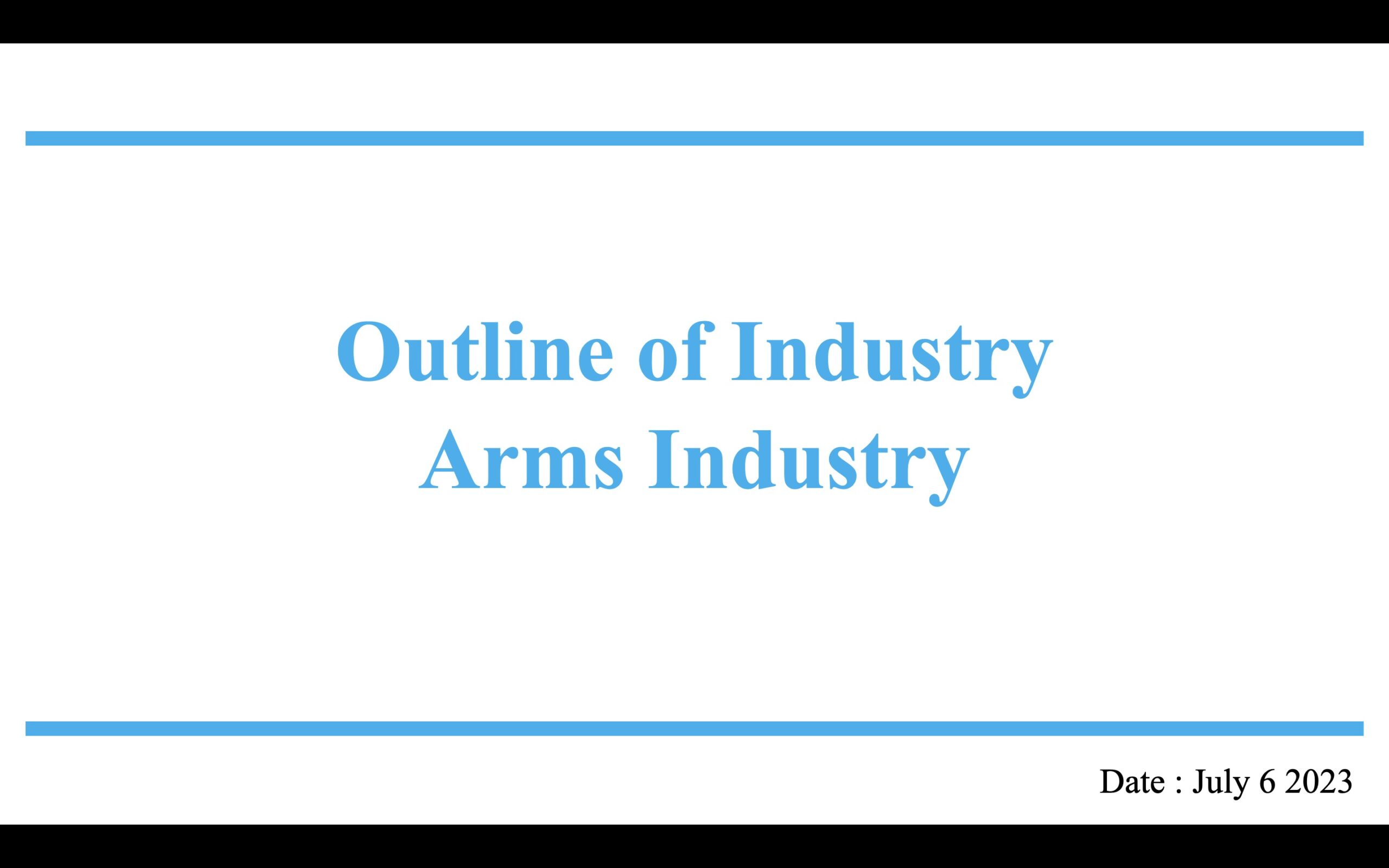The arms industry, also known as the military-industrial complex, is a global industry that encompasses the production and sale of weapons, military equipment, and related services. It is a highly specialized and technologically advanced sector, employing thousands of people and generating billions of dollars in revenue each year.
The arms industry has its roots in the early days of civilization, when weapons were first developed for hunting and warfare. Over the centuries, the production and sale of weapons has become a highly sophisticated industry, driven by the need for advanced and innovative weapons systems to address the constantly evolving security needs of nations.
The demand for weapons and military equipment is driven by a range of factors, including the threat of conflict, the need for national security, and the desire to maintain military superiority. The development and procurement of military equipment is a significant expense for governments, and the need for cost-effective and high-quality weapons systems is a constant challenge.
One of the biggest drivers of growth in the arms industry is the increasing demand for military equipment and services in developing countries. As these countries seek to strengthen their military capabilities to address new and emerging security threats, the demand for weapons and military equipment is likely to increase. Additionally, the ongoing advances in technology and the development of new weapons systems will continue to shape and transform the arms industry, creating new opportunities for growth and development.
However, despite its importance and growth, the arms industry also faces several challenges and obstacles. One of the biggest challenges is the need to balance the competing demands of military power and national security with the need to maintain ethical and legal standards. The production and sale of weapons and military equipment is subject to strict international regulations, and there is a growing concern about the unethical and illegal trade in weapons, particularly in conflict-affected areas.
Another challenge is the need for transparency and accountability in the arms industry. With billions of dollars in arms contracts being awarded each year, there is a growing concern about corruption and the mismanagement of funds in the sector. This has led to increased scrutiny of the arms industry, and a need for greater transparency and accountability in the allocation and use of defense funds.
The arms industry is also subject to changes in geopolitical relations, which can have a significant impact on the level of investment in the sector. As countries form and dissolve alliances, the demand for weapons and military equipment can change rapidly, leading to uncertainty and instability in the industry.
Despite these challenges, the arms industry remains a vital and essential sector, with enormous potential for growth and development. As the world continues to face new and evolving security threats, the need for advanced and innovative weapons systems will remain high, driving continued investment in the sector. Additionally, the ongoing advancement of technology will continue to shape and transform the arms industry, creating new opportunities for innovation and growth.
In conclusion, the arms industry is a critical sector that plays a vital role in ensuring the security and stability of nations. It is characterized by its long history, complex and technologically advanced nature, and ongoing challenges and obstacles. However, despite these challenges, the industry remains a dynamic and rapidly growing sector, with enormous potential for growth and development in the years to come.



Comment